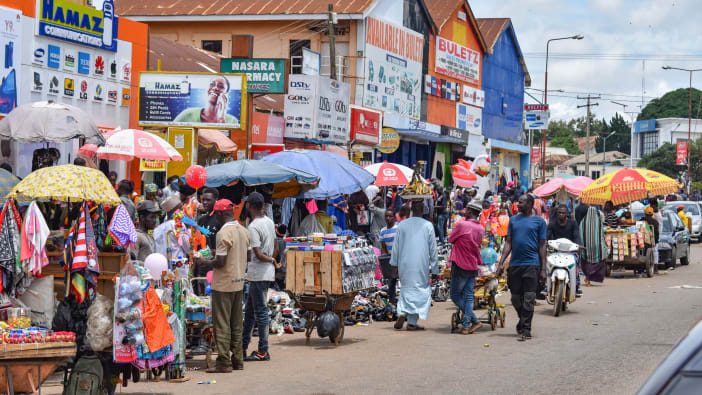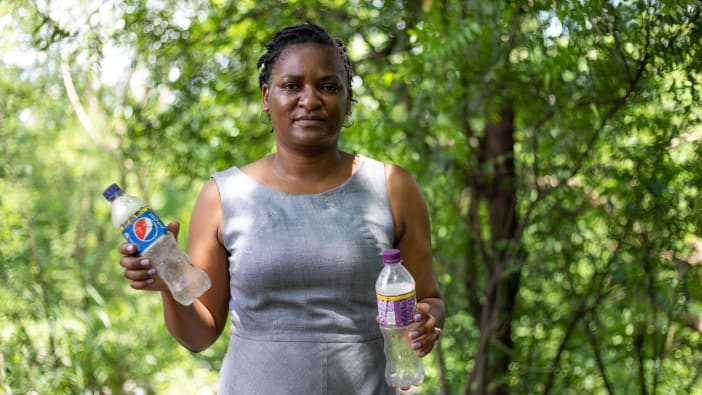The spread of the pandemic in Ethiopia and the government’s lockdown measures affected SHGs and their activities immensely. The Ethiopian government’s lockdown measures removed many people’s sources of livelihood and they were threatened with dire poverty. This could have meant the country going back to reliance on foreign aid. However, Ethiopia’s SHGs played an important role in sustaining their communities throughout the lockdown. For example, the importance of the SHGs was highlighted to government officials when the SHGs managed to provide soap and hand sanitizer for thousands of people in Adama Nazareth, Oromia region, Ethiopia. Additionally, due to the advocacy training the SHGs had from EKHCDC, these groups knew how to verify that they could continue their important work, as well as challenge government officials on land issues despite the Covid-19 lockdown restrictions.
Leaders of the SHGs went to the government officials in the regional Ministry of Women Affairs, with whom they had built relationships for many years, to lobby for permission to meet while respecting all Covid-19 preventative measures. Due to the SHGs’ advocacy training, relationship building, and demonstrating their necessity in their communities, the government officials granted the SHGs permission to meet outdoors with no more than 20 people.
However, there were some challenges to the SHGs permission to meet. In some municipalities, local government officials prohibited these groups from gathering, despite the regional Ministry of Women Affairs’ permission. In response, the umbrella structure of SHGs notified a higher level of government officials than the municipality, and the affected SHGs were quickly given safe places for their meetings. Furthermore, the Oromia regional government gave official recognition to SHGs as legal entities, different from associations or cooperatives, which was the first time EKHCDC’s SHGs had gained this recognition. This legal recognition secures SHGs with rights that protect their members and communities.
EKHCDC’s SHGs have reaped the benefits from building their capacity to engage in advocacy, building relationships with government officials, and proving their impact for good on their communities in their rapid Covid-19 responses. Despite strict Covid-19 lockdown measures in Ethiopia, the SHGs were able to continue meeting and supporting their communities through the pandemic.







